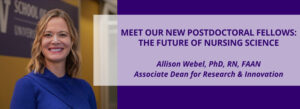
Imagine a bridge between being a student and becoming a leading scientist. That’s what postdoctoral training is—a time when nurse scientists take everything they’ve learned in their formal education and begin building their research careers that will shape healthcare for years to come. It’s a chance to ask bold questions, test new ideas, and work closely with mentors and research teams. At the University of Washington School of Nursing, we’re proud to support postdoctoral fellows who are passionate, curious, and ready to make a difference. This year, we’re excited to welcome five outstanding postdocs whose work spans chronic illness, global health, sleep science, and even the connection between humans, animals, and the environment.
 Bethany Armentrout, PhD
Bethany Armentrout, PhD
Dr. Armentrout is a nurse scientist with a PhD in nursing from Case Western Reserve University Frances Payne Bolton School of Nursing. Her research examines at how circadian rhythms—our body’s natural sleep and wake cycles—affect health in young adults with Type 1 Diabetes. She’s especially interested in how these rhythms impact blood sugar levels. Before becoming a researcher, Bethany worked as a neurocritical care nurse and earned awards for her excellent care and teaching. Her goal is to connect research and clinical practice to help people with chronic illnesses live better lives.
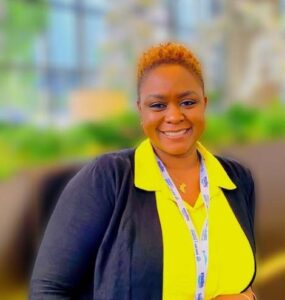 Nanyombi Lubimbi, PhD
Nanyombi Lubimbi, PhD
Dr. Lubimbi is a global health nurse leader with 20 years of experience in clinical care and teaching. She earned her PhD in Nursing Science from the University of Illinois, Chicago. Dr. Lubimbi has worked in medical-surgical nursing and led health programs in countries with limited resources. Her research focuses on building strong and lasting global health partnerships. She was a Fulbright Scholar in Rwanda, where she studied what makes global health programs sustainable. At UW, she works on HIV prevention research, especially looking at long-acting HIV treatments for pregnant women. Dr. Lubimbi is sharing her findings through conferences and publications and plans to use implementation science to guide her future studies.
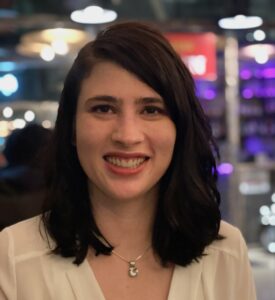
Caeli Malloy, PhD
Dr. Malloy earned her PhD from Indiana University School of Nursing and is now part of the Biology to Society T32 Program. Her dissertation research focused on symptom clusters like sleep problems, pain, anxiety, depression, and fatigue in adolescents with IBD. For her postdoctoral training, Dr. Malloy has focused on sleep and symptom management interventions for individuals with IBD, including adolescents. Dr Malloy is passionate about helping people manage their symptoms and improve their quality of life. In her free time, she enjoys knitting and hiking with her miniature poodle, Bellatrix.
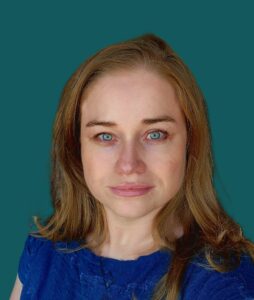
Natalie Rejto, PhD
Dr. Rejto is an interdisciplinary nurse researcher who uses the One Health framework to study how human, animal, and environmental health are connected. Her current work looks at trauma-informed care for people experiencing housing insecurity, including how to provide care for both humans and animals. She also works with a team studying how to prevent infections—especially those that spread between animals and humans—in farming and agriculture settings.
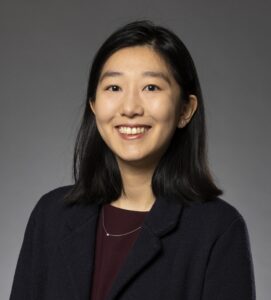
Linda Yoo, PhD
Dr. Yoo is a postdoctoral fellow in the Biology to Society T32 Program. She earned her BSN from the University of Texas at Austin and completed her MSN and PhD at the University of Washington. Her research focuses on helping adolescents and young adults manage inflammatory bowel disease (IBD). Linda’s earlier work looked at sleep-wake cycles in adults with IBD. She is also the head research assistant in the Gastrointestinal Health and Wellness Lab, where she shares her passion for IBD research with others.
These five postdoctoral fellows bring fresh ideas, strong skills, and a deep commitment to nursing science. We’re proud to support their work and excited to see how they will help shape the future of health and healthcare. Welcome to UW School of Nursing!